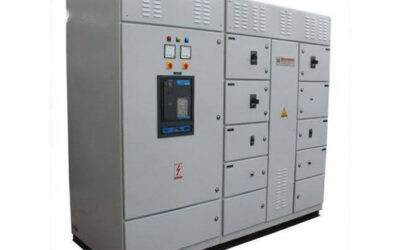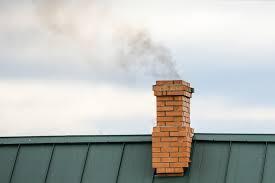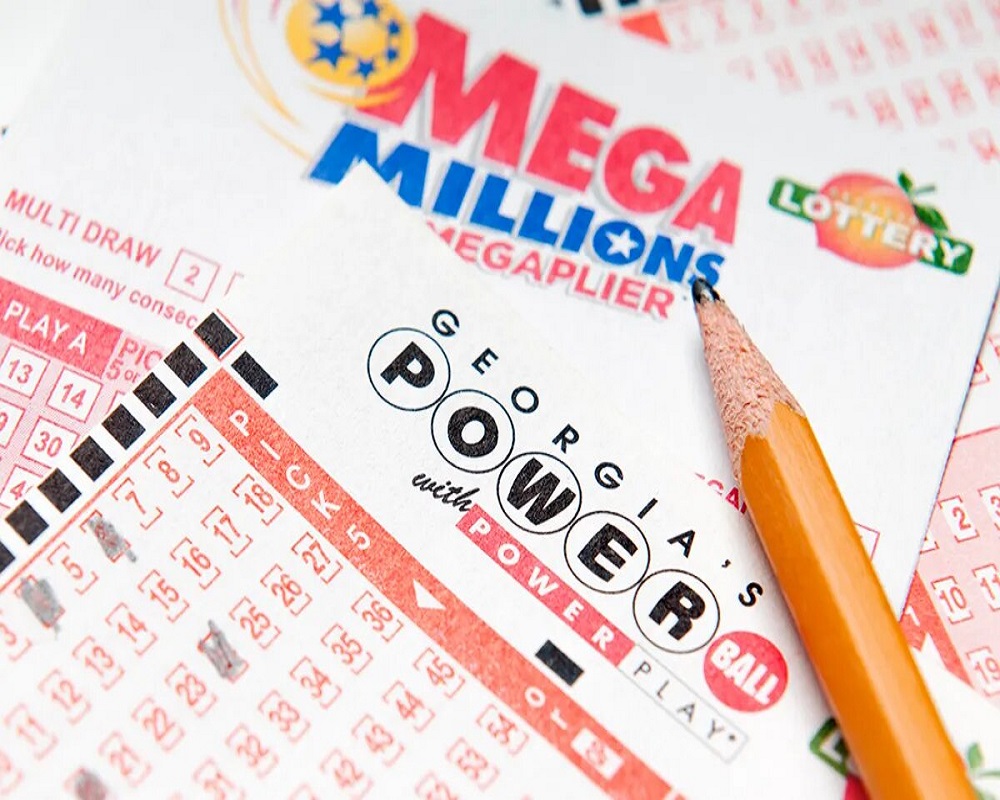Water Leak Prevention 101: Essential Tips for Every Homeowner

Water leaks can sneak up on you, causing significant damage and hefty repair bills. Even a small drip can waste gallons of water over time. Understanding how to prevent leaks is crucial for protecting your home and saving money. Whether you’re dealing with old pipes or new fixtures, knowing the basics can help you avoid unnecessary headaches. And when things get out of hand, a professional leak plumbing service can make all the difference.
Signs of a Water Leak
Not all leaks are obvious. Some can hide behind walls or under floors, causing damage before you notice them. Here are some signs to watch for:
- Unexplained increase in your water bill
- Damp or discolored spots on walls or ceilings
- The sound of running water when no taps are open
- Musty odors indicating mold or mildew growth
Identifying these signs early can prevent more extensive problems and the need for costly repairs.
Common Causes of Water Leaks
Understanding what leads to leaks can help you prevent them. Some common culprits include:
- Aging Pipes: Old pipes can corrode or crack over time.
- High Water Pressure: Excessive pressure can strain pipes and cause leaks.
- Clogged Drains: Blocked drains can force water back into your pipes.
- Poor Installation: Improperly installed fittings can loosen and leak.
If you suspect any of these issues, consider reaching out to a leak plumbing service for an inspection.
Simple Tips to Prevent Water Leaks
1. Regularly Inspect Your Pipes
Take a few minutes each month to check visible pipes for rust, cracks, or dripping. Look under sinks and around appliances for any signs of trouble.
2. Monitor Your Water Bill
An unexpected spike in your bill might indicate a hidden leak. Regularly review your water usage to spot any unusual patterns.
3. Install Water Leak Detectors
These handy devices alert you when water is detected in areas where it shouldn’t be. They’re especially useful near washing machines, water heaters, and under sinks.
4. Protect Your Pipes in Winter
Cold weather can cause pipes to freeze and burst. Insulate your pipes and keep indoor temperatures above freezing to avoid this.
5. Avoid Harsh Chemicals
Using chemicals to unclog drains may damage your pipes. Opt for natural solutions like baking soda and vinegar or use a plunger.
6. Fix Drips Quickly
A dripping faucet or small leak might seem minor, but it can lead to bigger problems if ignored. Tighten connections or replace worn parts promptly.
When to Call a Professional?
While many leaks can be handled with basic tools, some require expert attention. Persistent leaks, burst pipes, or low water pressure could indicate a larger issue. A skilled leak plumbing service has the tools and expertise to diagnose and fix problems effectively.
Don’t wait until the problem worsens. Timely professional intervention can save your home from structural damage and mold growth.
Benefits of Preventing Water Leaks
Preventing leaks isn’t just about avoiding damage; it also has other advantages:
- Save Water: Stop wasting water, which helps the environment and lowers your bills.
- Avoid Costly Repairs: Small issues caught early cost far less to fix than extensive water damage.
- Protect Your Home: Keeping water out of unwanted areas prevents rot, mold, and structural issues.
Final Thoughts
Water leaks may seem like a small problem at first, but they can lead to significant damage if ignored. Simple habits like inspecting pipes, fixing small drips, and insulating against cold can make a big difference. Keep an eye out for warning signs and address issues quickly to protect your home and save money.
If you’re dealing with stubborn issues like copper water pipe leaking or other persistent problems, don’t hesitate to call a professional leak plumbing service. Their expertise ensures your plumbing system remains in excellent shape, giving you peace of mind. By staying proactive and handling potential leaks promptly, you can keep your home dry, safe, and efficient for years to come.










